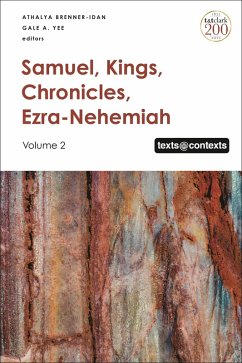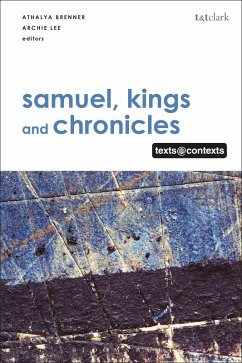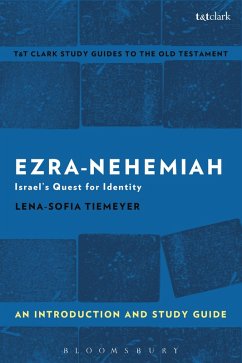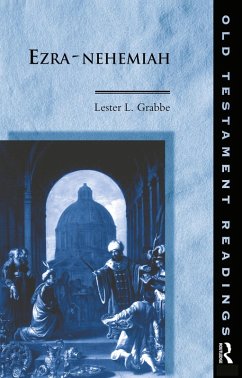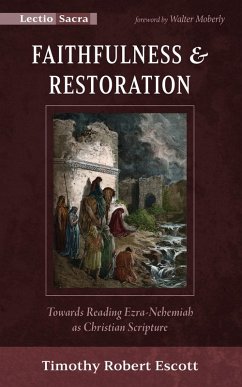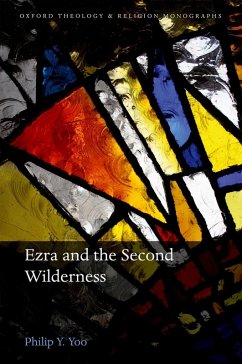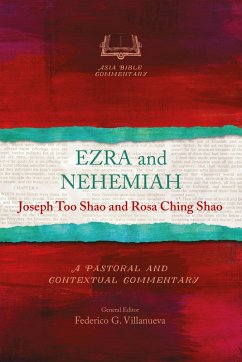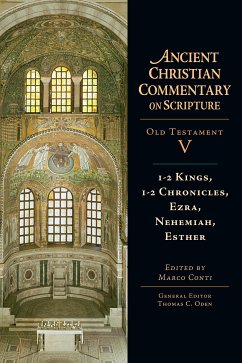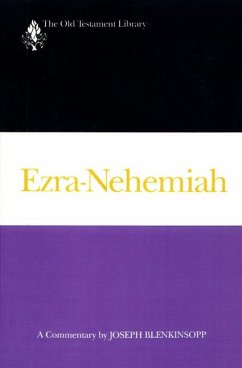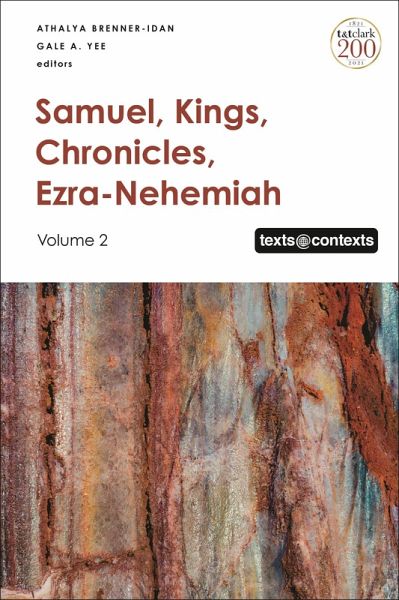
Samuel, Kings, Chronicles, Ezra-Nehemiah (eBook, ePUB)
Volume 2
Redaktion: Brenner-Idan, Athalya; Yee, Gale A.
Versandkostenfrei!
Sofort per Download lieferbar
24,95 €
inkl. MwSt.
Weitere Ausgaben:

PAYBACK Punkte
12 °P sammeln!
This volume brings together disparate views about biblical texts in the books of Samuel, Chronicles and Ezra-Nehemiah and examines their influence in the life of contemporary communities, demonstrating how today's environments and disorders help readers to acquire new insights into such texts. The contributing scholars hail from different continents - from East Asia to the United States to Europe to South Africa and Israel - and count themselves as members of various Jewish and Christian traditions or secularist ways of life. But, in spite of their differences in location and community members...
This volume brings together disparate views about biblical texts in the books of Samuel, Chronicles and Ezra-Nehemiah and examines their influence in the life of contemporary communities, demonstrating how today's environments and disorders help readers to acquire new insights into such texts. The contributing scholars hail from different continents - from East Asia to the United States to Europe to South Africa and Israel - and count themselves as members of various Jewish and Christian traditions or secularist ways of life. But, in spite of their differences in location and community membership, and perhaps in the spirit of the times (2020 and its global discontents), they share preoccupations with questions of ethics in politics and life, 'proper' death, violence and social exclusion or inclusion. This volume offers readers a better understanding of how politics and faith can be melded, both in ancient and contemporary contexts, to serve the interests of certain classes and societies, often at the expense of others.




